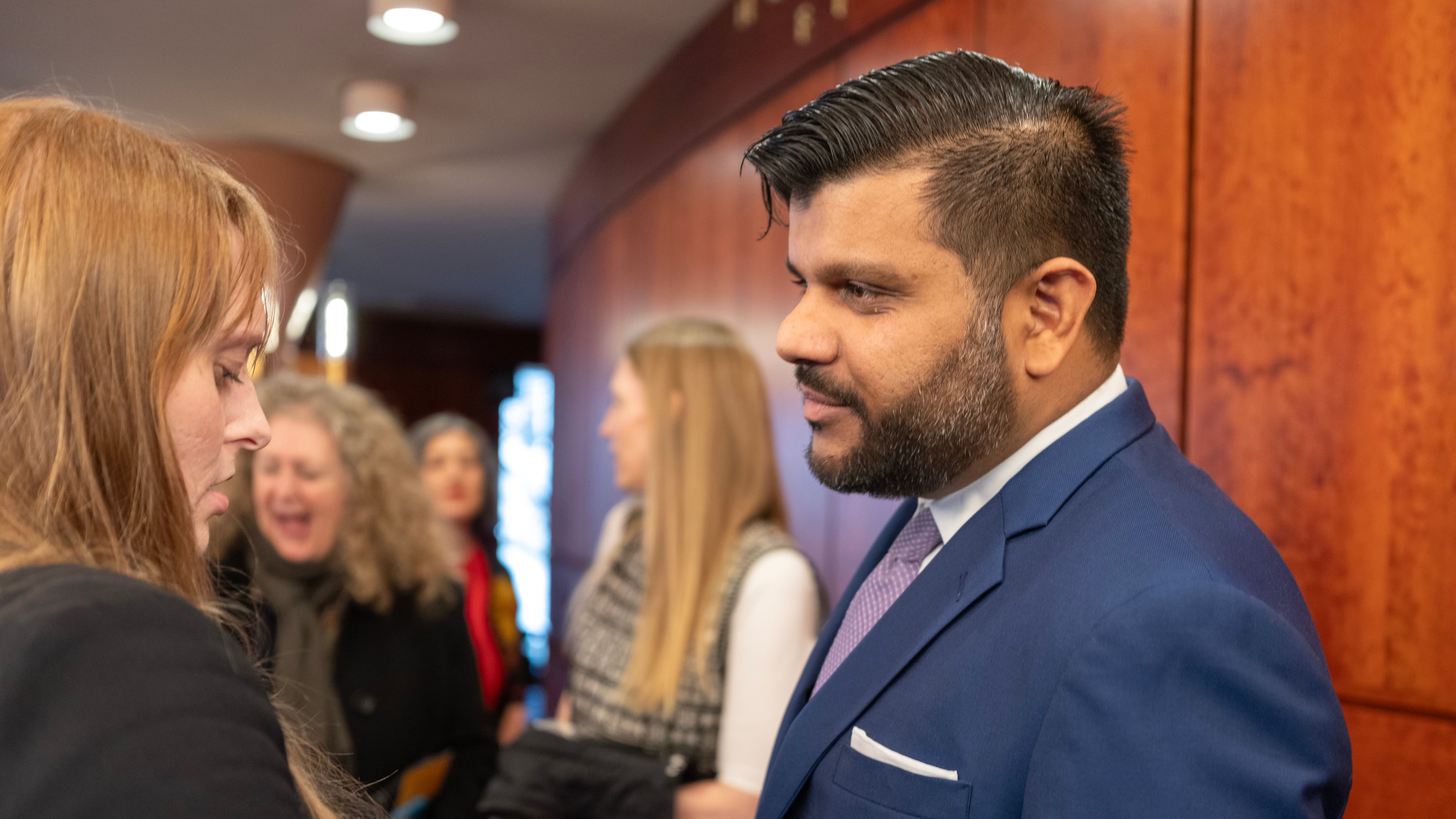On Jan. 2, the newly elected Portland City Council will select its president and vice president.
Before the president and vice president are elected—at least as the agenda sits now—the 12-member council will adopt rules that outline the president’s powers. Though that sounds like a bore, the council is far from reaching a consensus on how powerful the president should be.
Basically, the debate is: How centralized should power be on the new City Council?
A bloc of council members has voiced a preference that the president have fewer powers than city staff has recommended. That block of councilors doesn’t want the president to have the authority to appoint members to committees and decide who chairs those committees; they want the council as a whole to determine who sits on which committees and who leads them. That group of councilors has argued in recent meetings that Portland voters passed the 2022 charter reform measure to ensure that more people had a say in city politics, and that to centralize power in the hands of one councilor could defeat that aim.
Another bloc of incoming councilors wants the president to have the authority to appoint members to committees and choose who chairs committees, giving the president more authority over the body. Those councilors say they’re concerned that weakening the president’s powers too much would result in a chaotic body with little structure and efficacy. They also wish the president has a stronger role in setting the agenda.
Councilor-elect Sameer Kanal, who represents District 2, submitted a draft proposal last week that included a number of provisions both schools of thought have tentatively agreed on, among them that any council member can send an item to a committee for discussion (a precursor to an item being placed on the full council’s agenda).
That would allow any councilor to essentially start the process of having an idea at least heard in a subcommittee of the council. According to Kanal’s submission, the council also tentatively agreed that should a committee decline to refer a proposal to the full council, that decision can be overruled by a group of four councilors.

